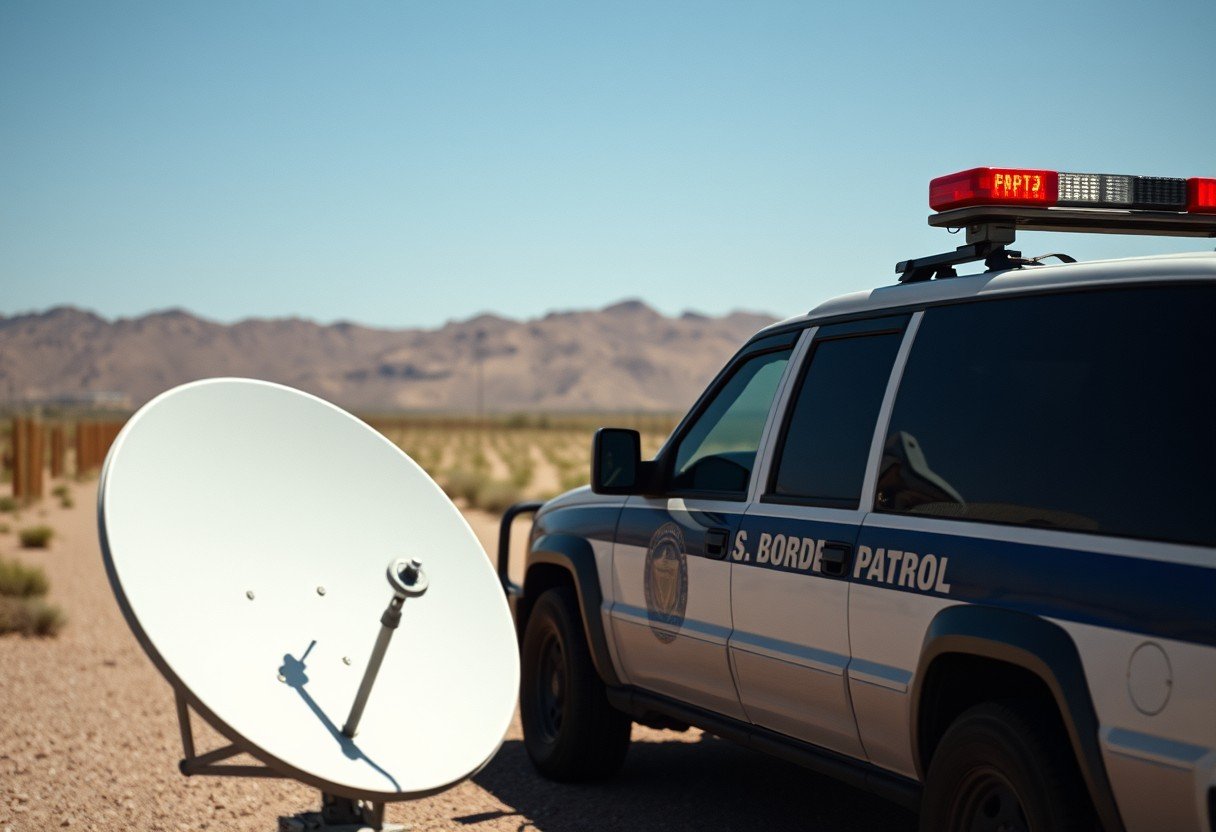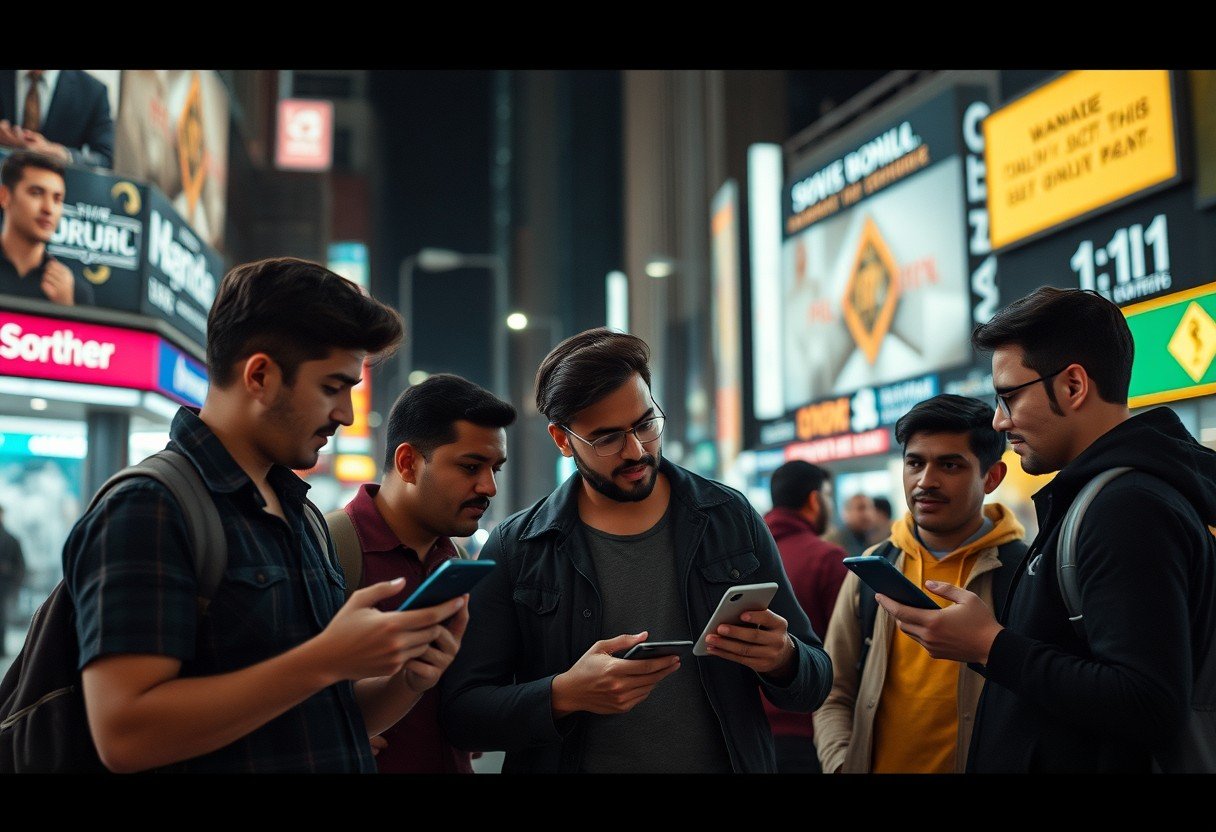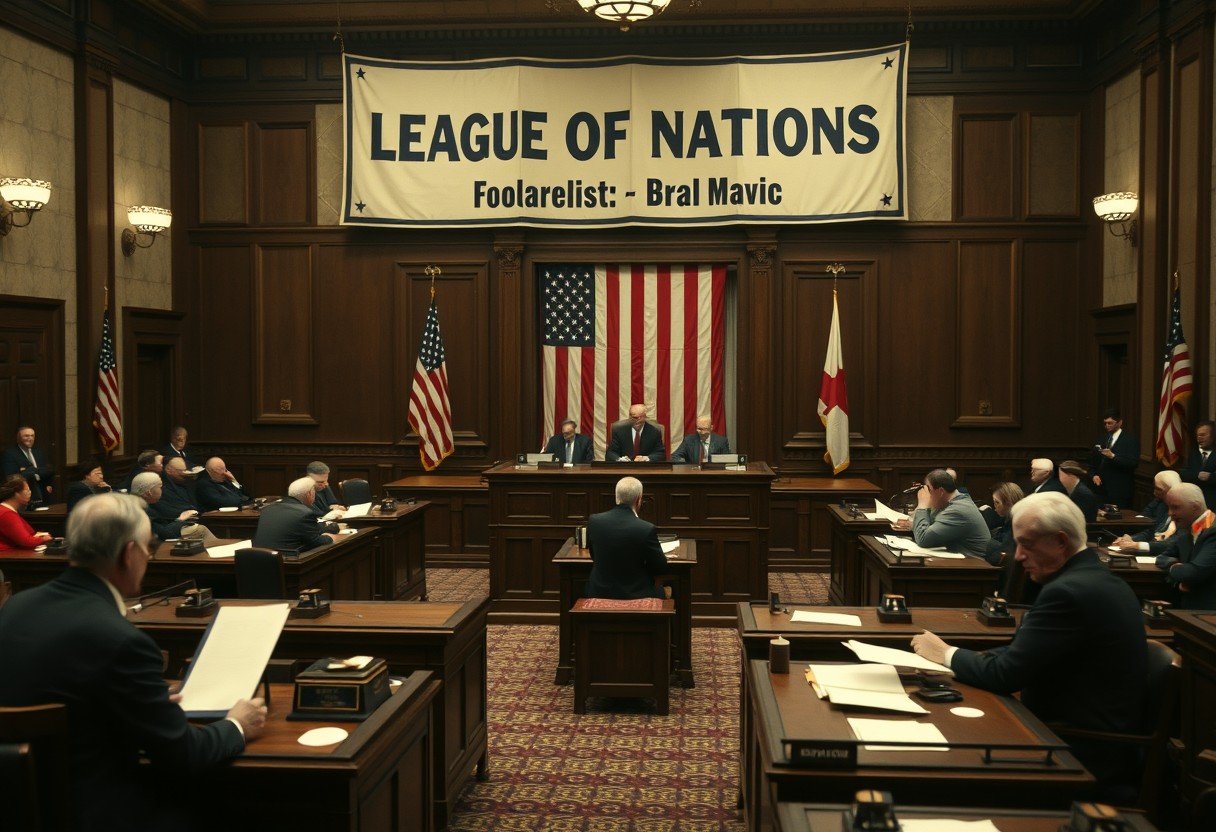Have you ever wondered why you pay for satellite TV but not for the security provided by the U.S. Border Patrol? The answer lies in a core economic concept: the difference between public and private goods. Understanding this distinction helps explain how services are funded and who they benefit. This article breaks down these ideas using the Border Patrol and satellite TV as clear, real-world examples, showing how they impact you as both a citizen and a consumer.
What Exactly Defines a Public Good?
A public good is a service or resource that is available to everyone in a society. It is defined by two very specific characteristics that set it apart from other goods. If a good has both of these traits, it is considered public.
The first key feature is that it is non-excludable. This means you cannot effectively prevent someone from using or benefiting from the good, even if they don’t pay for it. Think about national defense; you can’t exclude one person from being protected by the military.
The second feature is that it is non-rivalrous. This means that one person’s use of the good does not reduce its availability or usefulness to others. For example, when you breathe clean air, you are not using it up and preventing others from breathing it too.
Because of these traits, public goods are typically funded by the government through taxes rather than by individual payments.
- Non-Excludable: It is very difficult or impossible to stop non-paying individuals from enjoying the benefits of the good.
- Non-Rivalrous: One person’s consumption of the good does not interfere with another person’s ability to consume the same good.
Classic examples of public goods include streetlights, national security, and public parks.
Understanding the Characteristics of a Private Good
In direct contrast to public goods, private goods are both excludable and rivalrous. These are the items and services you typically buy in a store or online.
Private goods are excludable because a seller can prevent people who do not pay for the product from using it. For instance, a grocery store will not let you leave with a carton of milk unless you pay for it. This pricing mechanism is what allows businesses to profit and operate within a market economy.
They are also rivalrous, meaning one person’s consumption of a good prevents another person from consuming that same unit. If you buy and eat an apple, no one else can eat that specific apple. This rivalry creates scarcity, which influences price and availability based on supply and demand. The entire market for private goods is shaped by consumer choice and competition among providers.
Why is the U.S. Border Patrol a Public Good?
The U.S. Border Patrol is a classic example of a public good because its primary mission is to provide national security, which benefits everyone within the country. Its services perfectly align with the two key characteristics of a public good.
First, the security it provides is non-excludable. You cannot single out specific citizens and exclude them from the protection and safety that a secure border offers. Whether you live in a border state or thousands of miles away, you benefit from the enforcement of immigration laws and the prevention of illegal activities like drug trafficking.
Secondly, the service is non-rivalrous. Your personal benefit from a secure border does not diminish the benefit someone else receives. The safety and order it helps maintain are shared by the entire population simultaneously. For these reasons, the U.S. Border Patrol is funded by federal tax dollars, ensuring it serves the collective interests of the nation rather than individual customers.
Satellite TV as a Clear Example of a Private Good
Satellite television is a textbook example of a private good because access is limited and consumption is individual. It is provided by private companies that operate to make a profit.
The service is highly excludable. If you do not pay your monthly subscription fee, the provider will simply deactivate your service. Only paying customers can access the channels and content, making it a commodity rather than a universal right.
While it might seem like satellite TV isn’t rivalrous because many people can watch the same channel, it is rivalrous in a practical sense. The company has a limited bandwidth and infrastructure. More importantly, the content you purchase is for your household’s use, and your subscription doesn’t grant access to others. The business model is built on individual subscriptions, where market forces like competition between providers, package pricing, and consumer demand determine its availability and cost.
Comparing Funding and Access: A Side-by-Side Look
The fundamental differences between the U.S. Border Patrol and satellite TV become even clearer when you compare how they are funded and who can access them. One is a government function designed for universal benefit, while the other is a market-driven product for individual entertainment. This distinction highlights why one relies on taxes and the other on consumer payments.
The table below breaks down these core differences.
| Feature | U.S. Border Patrol | Satellite TV |
| Type of Good | Public Good | Private Good |
| Accessibility | Available to all citizens | Subscription-based (only for paying customers) |
| Funding Source | Government-funded (taxpayer money) | Consumer-funded (subscription fees) |
This sharp contrast in funding and accessibility models is central to public policy and economic debates. Public goods require government intervention to ensure they are provided, while private goods are efficiently distributed through the free market.
How This Affects Government Policy and You
Understanding whether a service is a public or private good has major implications for policy, public debate, and your wallet. This classification influences how services are funded, regulated, and governed in our society.
For public goods like the Border Patrol, the government’s role is essential. Since private companies cannot easily profit from non-excludable services, the government must step in to fund them through taxes. This leads to important debates about how much funding is appropriate and how to allocate resources away from other areas like education or healthcare.
On the other hand, private goods like satellite TV are shaped by market forces. Competition among providers can lead to innovation, better services, and lower prices for you, the consumer. However, it can also lead to issues like unequal access for those who cannot afford the service. Recognizing these differences allows you to participate in informed discussions about the roles of government and markets in meeting society’s needs.
Frequently Asked Questions
What are the main characteristics of a public good?
A public good has two primary characteristics: it is non-excludable, meaning you can’t stop people from using it, and non-rivalrous, meaning one person’s use doesn’t reduce its availability for others. National defense is a perfect example.
What makes satellite TV a private good?
Satellite TV is a private good because it is excludable, as companies only provide service to paying subscribers. It is also rivalrous because the resources and content are part of a transaction between the company and the individual consumer.
How are public goods like the Border Patrol funded?
Public goods are typically funded by the government through tax revenue collected from the general population. This is because it is not practical to charge individuals for services that benefit everyone, like national security.
Can a good be both public and private?
Some goods, known as club goods or common-pool resources, have characteristics of both. For example, a toll road is excludable (you must pay) but can be non-rivalrous until it becomes congested with traffic.
Why can’t private companies provide public goods?
Private companies are unlikely to provide pure public goods due to the “free-rider problem.” This is where individuals can benefit from a service without paying for it, making it impossible for a company to generate enough revenue to cover its costs.








Leave a Comment